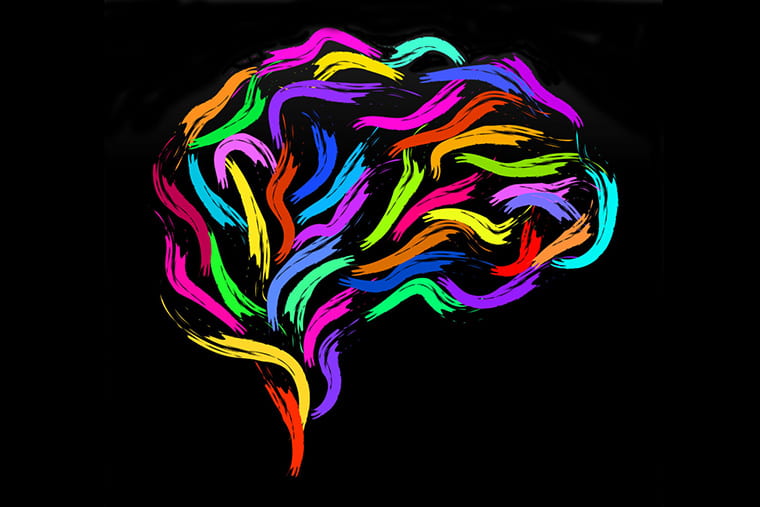Scientists at Washington University School of Medicine in St. Louis are joining a national network to map the intricacies of the brain, with a goal of deepening knowledge of how the brain works and generating new insights into how the brain functions in healthy people — and how it malfunctions in Alzheimer’s, schizophrenia, autism and numerous other conditions.
The new network, called the BRAIN Initiative Cell Atlas Network (BICAN), is supported by the National Institutes of Health (NIH). The effort focuses on mapping the human brain but also extends to the brains of nonhuman primates and mice, so researchers can see similarities and differences across species and better understand the molecular and cellular mechanisms underlying brain function.
The grants to Washington University will fund parts of two separate projects. One is led by the Allen Institute for Brain Science in Seattle, Wash., and establishes a global collaboration to map the 200 billion cells in the human brain by their type and function. At Washington University, David C. Van Essen, PhD, the Alumni Endowed Professor of Neuroscience and Matthew F. Glasser, MD, PhD, an instructor in radiology at the university’s Mallinckrodt Institute of Radiology, will create and analyze brain maps of individual people and nonhuman primates to determine the kinds of cells that comprise each brain area using data collected from people and animals scanned at collaborating sites.
The second project, led by the Salk Institute for Biological Studies in La Jolla, Calif., aims to describe brain cells in unprecedented molecular detail, classify such cells into more precise subtypes, pinpoint their locations in the brain and track how the aging process may influence these features. Washington University’s Ting Wang, PhD, the Sanford C. and Karen P. Loewentheil Distinguished Professor of Medicine, will manage and analyze the project’s massive genomic datasets with collaborators at the University of California, San Diego and the University of California, Irvine.
